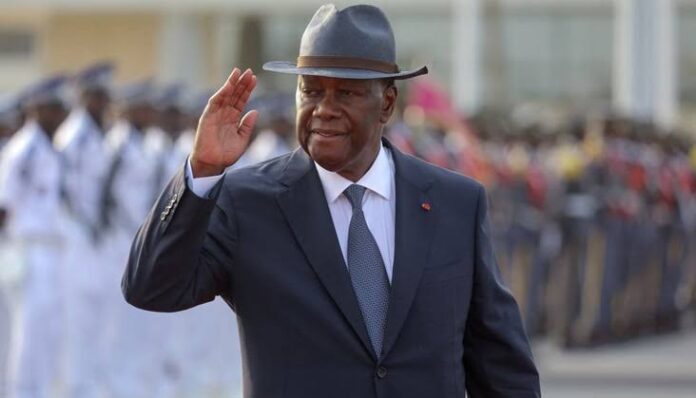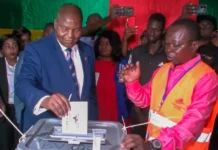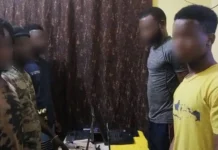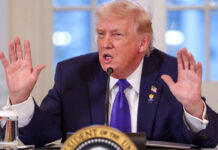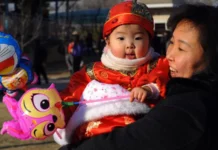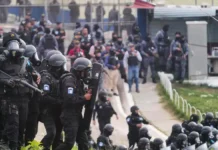Côte d’Ivoire’s President Alassane Ouattara has announced he will run for a fourth term in the upcoming presidential elections scheduled for 25 October, ending months of speculation over his political intentions.
The 83-year-old leader, who has ruled since 2011, said he would contest the election “because the constitution allows it and my health permits it,” citing mounting security, economic, and monetary challenges that he believes require experienced leadership.
His decision follows his formal nomination by the ruling Rally of Houphouetists for Democracy and Peace (RHDP) party earlier this year.
Ouattara’s return to the political fray comes amid heightened tensions in the West African nation. The two main opposition parties—Laurent Gbagbo’s PPACI and Tidjane Thiam’s PDCI—have launched a joint campaign to demand the reinstatement of their leaders, who are barred from contesting due to past convictions and nationality-related rulings.
Both Gbagbo, a former president acquitted by the International Criminal Court, and Thiam, a former Credit Suisse CEO, have been blocked from the electoral register. Other prominent figures such as Charles Blé Goudé and Guillaume Soro remain similarly excluded.
Ouattara, a former IMF official and central banker, was once barred from running himself in the 1990s due to controversial nationality laws. His eventual victory in 2010 triggered a deadly political crisis after then-President Gbagbo refused to cede power, leading to over 3,000 deaths.
Though Ouattara won re-election by a landslide in 2020 amid an opposition boycott, his latest bid raises questions about democratic stability and inclusivity ahead of the October vote.
With opposition candidates locked out and no clear contenders within the ruling party, Côte d’Ivoire faces another potentially fraught election season.









